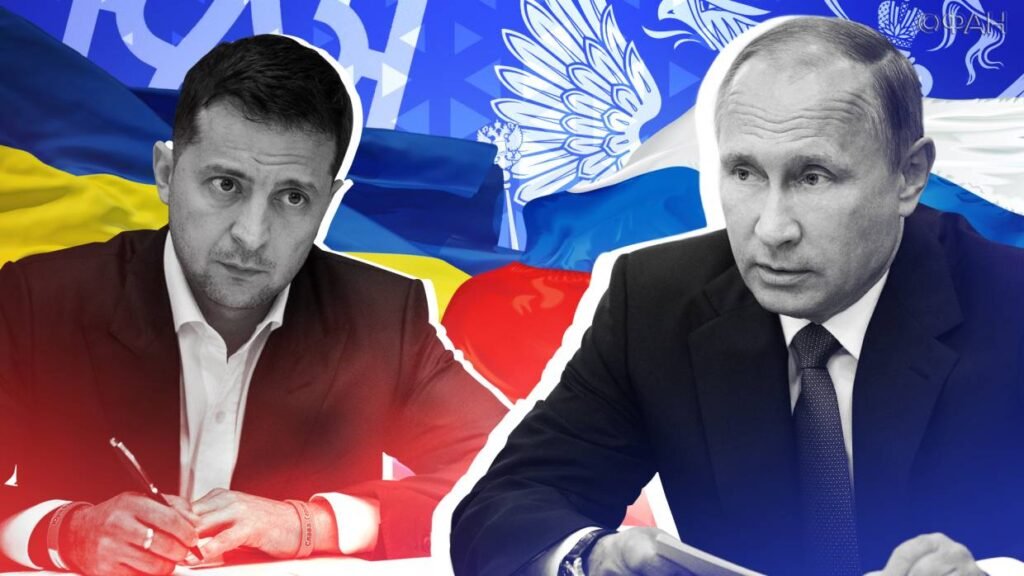
The ongoing war in Ukraine presents a complex geopolitical situation, with both local and global implications that must be understood from an anti-imperialist perspective. To view this conflict merely as Russian aggression or as an isolated national struggle would be to overlook the broader dynamics at play, particularly the involvement of NATO and Western powers. At its core, this war reflects Ukraine’s entanglement with NATO, the United States, and other Western interests, which have contributed to the escalation of tensions in the region.
Since the fall of the Soviet Union, NATO’s steady expansion towards Russia’s borders has played a significant role in shaping the current conflict. Despite assurances to the contrary, NATO has incorporated several Eastern European countries into its fold, encircling Russia and intensifying its sense of strategic vulnerability. This ongoing expansion is not solely a matter of security for NATO members but a reflection of Western imperialist ambitions to extend their influence and control over former Soviet territories.
Ukraine, particularly since the 2014 Euromaidan movement, has aligned itself closely with NATO and the European Union, pursuing membership in these Western institutions. This pivot towards the West has been marked by significant U.S. influence in Ukrainian politics, with key economic and political decisions being shaped by Western actors, including the International Monetary Fund (IMF) and the U.S. government. The current Ukrainian government, supported by a corrupt oligarchy, has become increasingly dependent on Western financial and military backing, making the country a pawn in a larger geopolitical game.
The aggressive push for NATO membership and EU integration has exacerbated tensions with Russia, which views Ukraine’s alignment with Western powers as a direct threat to its national security. The Ukrainian government’s insistence on pursuing NATO membership, enshrined in the country’s constitution, has been seen by Russia as a red line, leading to the current military intervention. While the West condemns Russia’s actions, it is crucial to recognize that this conflict did not emerge in a vacuum but is the result of years of provocation and strategic maneuvering by NATO and its allies.
From an anti-imperialist standpoint, it is essential to focus not only on Russia’s actions but also on the role of Western imperialism in fueling the conflict. The U.S. and its European allies have long exploited Ukraine as a buffer state against Russia, using it to extend their geopolitical influence in Eastern Europe. By encouraging Ukraine’s NATO ambitions and providing military support, the West has played a key role in escalating the situation, all while publicly decrying the violence that has ensued.
In this context, it becomes clear that Ukraine has been caught in a larger imperialist struggle between NATO and Russia. The people of Ukraine are not only suffering from the immediate violence of war but are also the victims of a broader power play between global powers seeking to assert their dominance in the region. The Western portrayal of Ukraine as a sovereign nation heroically defending itself against Russian aggression ignores the reality that Ukraine’s sovereignty has been compromised by its dependence on NATO and the West.
The anti-imperialist analysis, therefore, must focus on the broader systemic issues that have led to this war. NATO’s expansionism, driven by U.S. imperialism, has played a critical role in provoking Russia and destabilizing the region. While it is essential to oppose the violence and destruction caused by Russia’s military actions, it is equally important to challenge the role of Western imperialism in bringing the conflict to this point. An anti-imperialist position must reject the idea that NATO’s actions are purely defensive and recognize the strategic interests that drive Western involvement in Ukraine.
The anti-imperialist analysis, therefore, must focus on the broader systemic issues that have led to this war. NATO’s expansionism, driven by U.S. imperialism, has played a critical role in provoking Russia and destabilizing the region. While it is essential to oppose the violence and destruction caused by Russia’s military actions, it is equally important to challenge the role of Western imperialism in bringing the conflict to this point. An anti-imperialist position must reject the idea that NATO’s actions are purely defensive and recognize the strategic interests that drive Western involvement in Ukraine.

